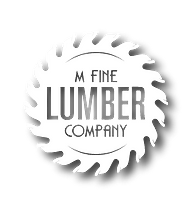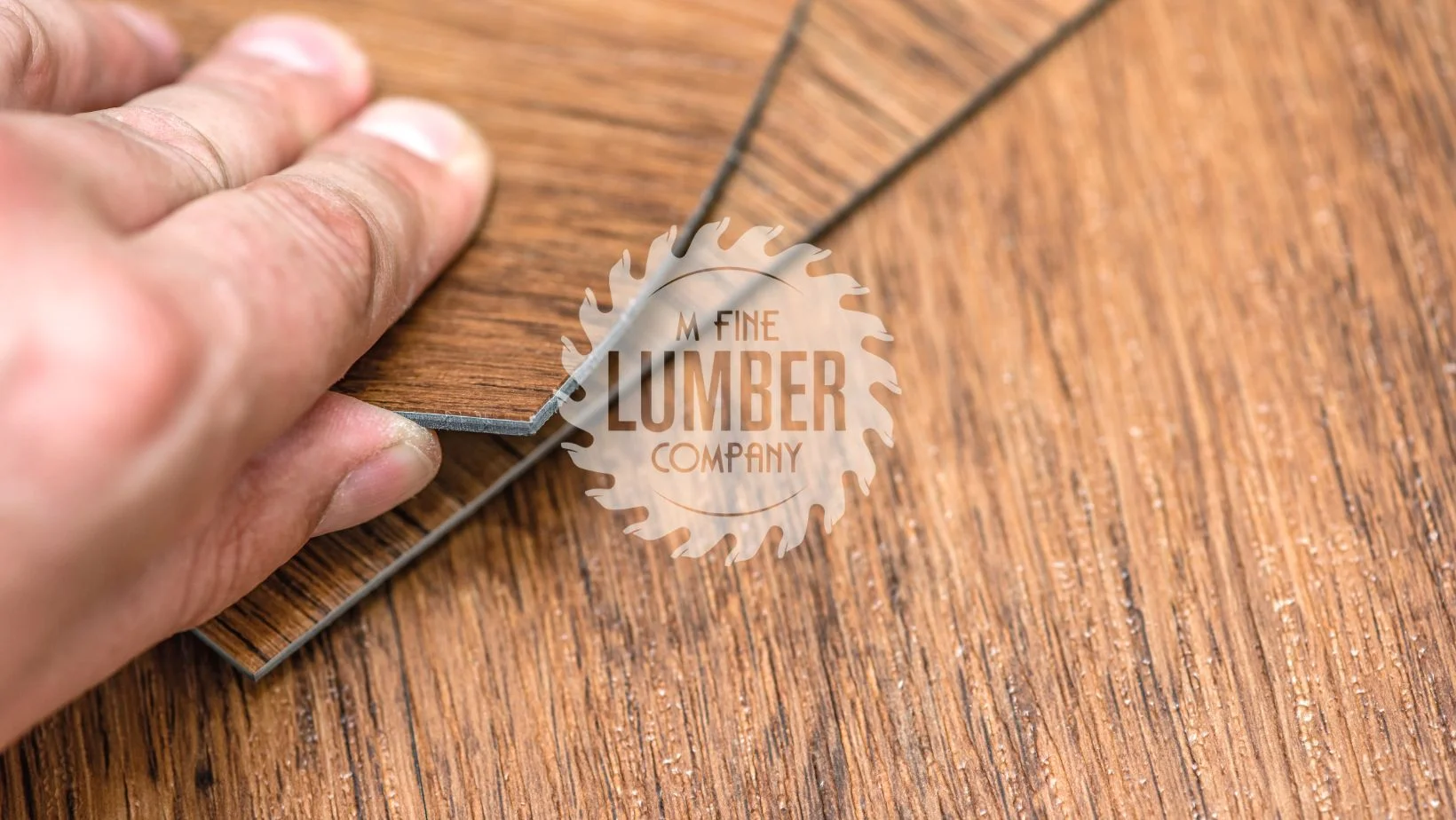
When it’s time to remodel or build a new house, homeowners have a lot of options to choose from. Flooring is one of the most significant decisions you’ll have to make while remodeling your home. There is a slew of variables to weigh, as well as a plethora of variables when it comes to flooring. And for many people, the decision becomes a lifelong commitment. The entire process of choosing your home’s surface has the possibility of becoming completely overwhelming. For many homeowners, using wood flooring as the foundation of their houses is an obvious choice.
Imagine concluding you want wood floors, then coming to the crossroads on whether or not to use solid or engineered hardwood. How can you choose which is best for you when both have their advantages? We want to break it down for you in simple terms so you can conclude with confidence.
It is common for engineered wood flooring boards to be broader than those of solid hardwood. Solid floors, as opposed to engineered, are far more diverse in their color and species options.
Engineered wood has wider flooring planks than solid hardwood. In contrast to solid flooring, some engineered floors feature edges that are slightly beveled, resulting in tiny grooves between the boards. Additionally, the color and species options for engineered flooring are more limited than those for solid wood.
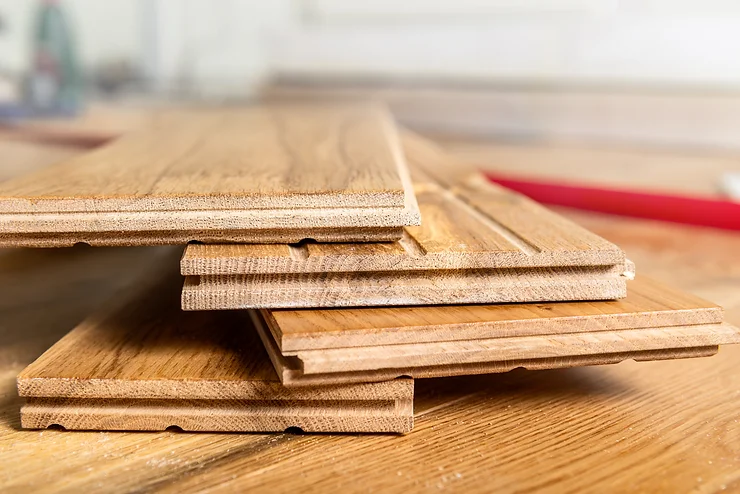
Engineered hardwood may be refinished a few times before the top hardwood layer starts to wear away. A little advantage is given to solid hardwood, however, because it may be sanded and polished several times. It’s a good idea to have your hardwood floors’ surface renewed every few years.
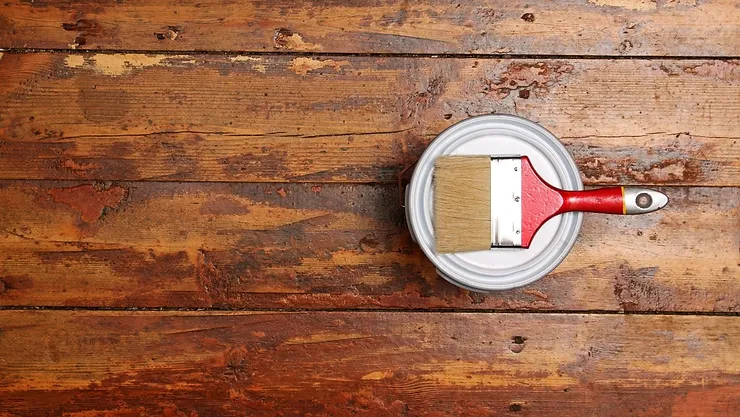
Both types of hardwoods have high heat resistance. But when it comes to installing on a concrete slab with concrete’s proneness to attract moisture, engineered flooring is the clear correct choice. Solid hardwood is not recommended for installation against concrete slabs.
As a result of its plywood construction, engineered hardwood is more stable and less vulnerable to warping in humid areas. Using engineered hardwood over a concrete subfloor is the best way to get the greatest results.
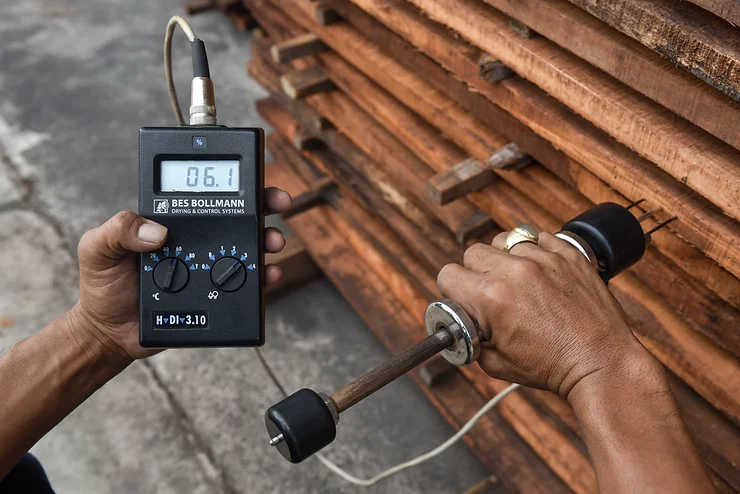
Long lengths of 12 to 84 inches are used for hardwood flooring lumber, which is 3/4-inch thick and 2 1/4-inch broad. However, solid hardwood floors are often no broader than 6 inches in diameter.
From 12 inches to 60 inches long and upwards to 12″ in width, you may get engineered hardwood in a larger variety of widths and lengths. Engineered hardwood boards with a thickness of 3/8-to-9/16-inch are widely used in the industry.
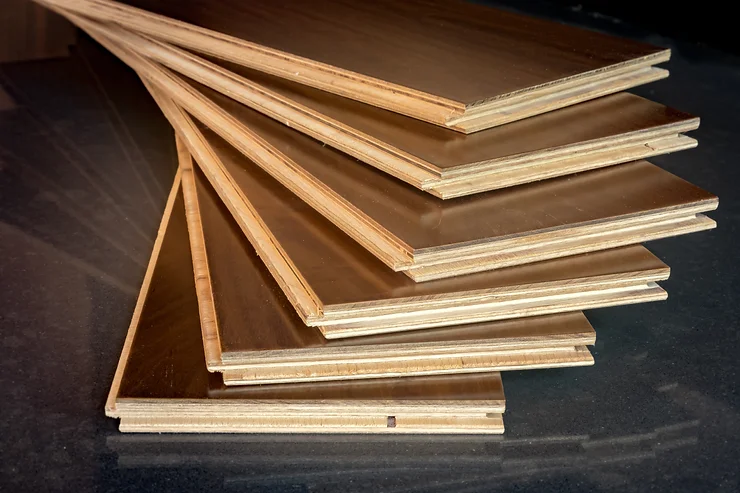
Engineered hardwood flooring has a 20 to 30-year life expectancy as a general rule. Solid hardwood floors often last 35 to 100 years since they may be sanded and polished several times.
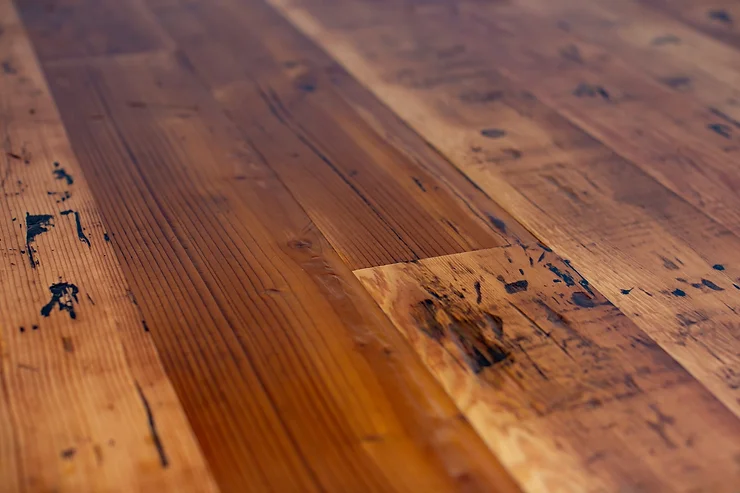
Each board in the tongue-and-groove method is blind-fastened to the subfloor, which is made of solid hardwood and nailed through the tongues of each board. It is possible to install engineered hardwood flooring via nailing or gluing and they are better for a wider range of subfloors like concrete slabs. These services are popular among those who want to handle their own installation. Floating solid wood floors are an option, as well.
One big reality to consider is engineered floors normally come prefinished so they only require paying for the actual installation. Some reclaimed hardwood floors, however, will need to first be installed, then sanded and then still need to be finished. So the full installation costs of solid hardwood can add up.
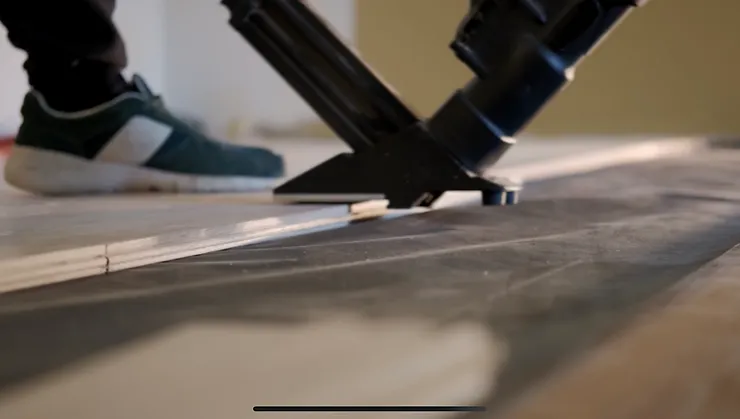
Engineered hardwood flooring may be purchased for as low as $3 per square foot. A square foot of the most costly engineered flooring may cost up to $12. The bulk of the items in this category cost between $4 and $9 per square foot to purchase.
On the other hand, Prices for pre-finished solid hardwood flooring vary from $4 to $15 per square foot, with the majority falling between $4 and $11.
The reason reclaimed versions of both solid and engineered are on the higher end of cost is due to the extra processes and man-hours that go into reclaiming and repurposing all the boards.
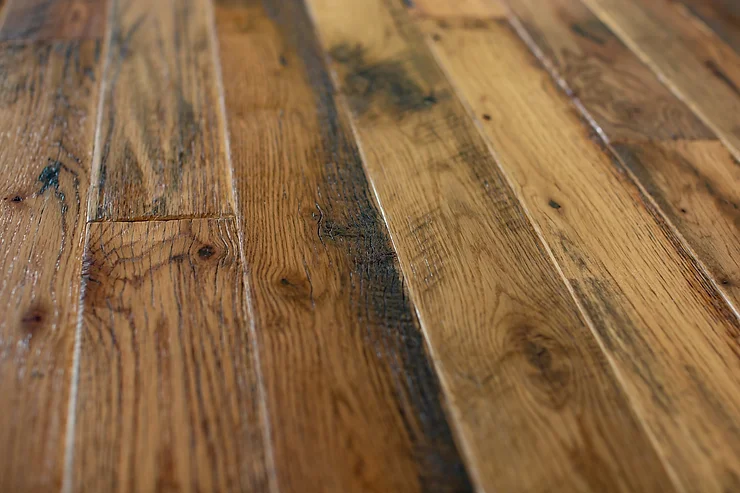
To maintain any kind of flooring, all that’s required is a quick sweep or vacuum and a wash with an approved wood cleaner. When cleaning wood floors, there is no need to use water or steam at all.

Consumers must ultimately determine what they value most in a floor covering. While both engineered and solid hardwood have their benefits, they may both produce a beautiful and long-lasting finish for a homeowner’s residence. In any case, there are a wide variety of wood species and designs to choose from, making it possible for every homeowner to discover the ideal solution.
